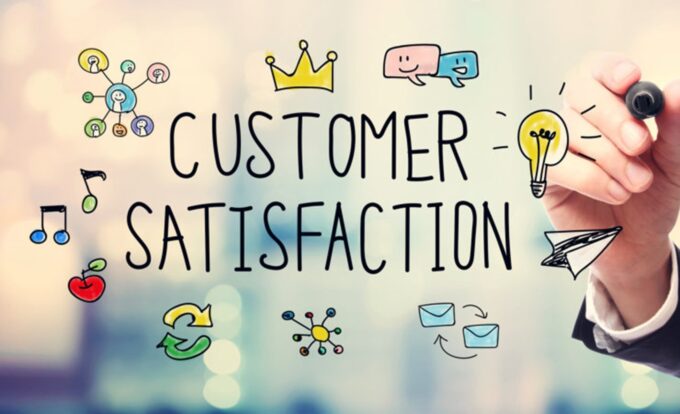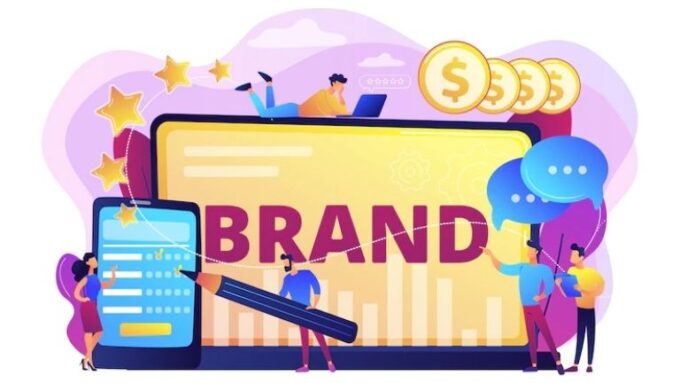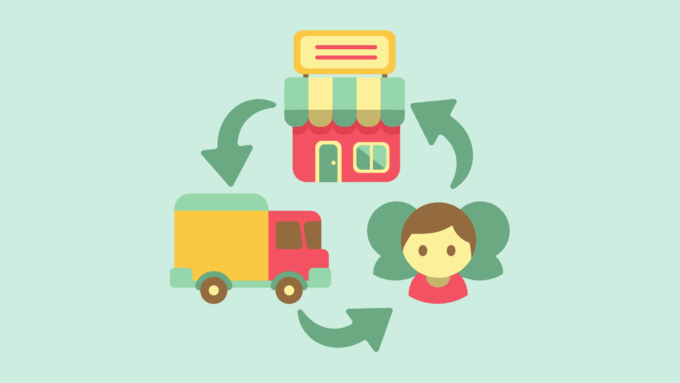In the bustling world of ecommerce, where endless streams of products move from sellers to buyers with the click of a button, one might ponder what truly powers this digital marketplace. While various elements contribute to the online shopping experience, one factor stands at the core of ecommerce success: fulfillment.
The process of getting the product from the warehouse shelf into the hands of the customer—quickly, accurately, and efficiently—has a monumental impact on customer satisfaction, operational efficiency, and the overall health of any online business. Let’s delve into the first three of seven reasons that underscore why fulfillment isn’t just a part of the process but often the linchpin of ecommerce triumph.
1. Customer Satisfaction: The Cornerstone of Ecommerce

Customer satisfaction starts the moment a purchase is made and continues until the product is in the customer’s hands—and sometimes even beyond. This journey is shaped by the fulfillment process, which, if executed well, leaves the customer delighted and impressed. Imagine the joy of receiving a long-awaited package on time, packed with care, and exactly as described. This positive experience forges a connection between the customer and the company, creating a foundation of trust. Trust translates to brand loyalty, which is priceless in the competitive ecommerce landscape.
On the flip side, a botched fulfillment process can leave customers feeling frustrated and forgotten. Late deliveries, incorrect items, or damaged goods are not just inconveniences—they are broken promises. In the digital age, where a single review can influence countless potential customers, ensuring that fulfillment operations run smoothly is an investment in customer satisfaction and, by extension, the company’s future.
2. The Engine of Repeat Business
Fulfillment excellence isn’t just about making a good first impression. It’s about ensuring every impression is good. When customers have a consistently positive experience, they are more likely to return, which is vital because repeat customers are the lifeblood of any ecommerce business. They typically spend more and cost less to serve than new customers. By nailing the fulfillment process, companies turn one-time buyers into loyal enthusiasts who come back for the convenience and reliability they’ve come to expect.
Each repeat purchase is a vote of confidence in the company. Repeat customers also tend to generate organic marketing—sharing their experiences with friends and family or through social media, which can be incredibly valuable. These word-of-mouth endorsements are hard-earned but offer a significant return on investment, making the focus on a flawless fulfillment process all the more important.
3. Crafting a Stellar Brand Reputation

The path to a sterling brand reputation is paved with exceptional fulfillment experiences. In the digital era, a company’s reputation can be bolstered or battered by the speed and accuracy of its shipping and handling. With this in mind, it’s easy to see how ecommerce order fulfillment becomes the moment of truth for an online retailer. It is the physical touchpoint where promises meet reality. Delivering on time, handling packages with care, and providing accurate order tracking can elevate a brand above the competition, leading to glowing reviews and social proof that resonates with potential customers.
But a company’s reputation hinges on more than just the unboxing moment. It’s about the narrative that is created around the brand. A narrative of efficiency, reliability, and attention to detail speaks volumes and can set an ecommerce business apart. As consumers grow increasingly accustomed to rapid delivery times and seamless service, companies that excel in fulfillment are the ones that not only survive but thrive.
4. Operational Efficiency: The Backbone of Profitability
Operational efficiency in fulfillment is not just a logistical goal; it’s the backbone of a profitable ecommerce business. Every step in the process, from inventory management to packaging to postage, incurs costs. Streamlining these steps means more than just cutting corners—it’s about the intelligent design of the fulfillment strategy to reduce waste and increase productivity. When a business can process orders quickly and accurately, it minimizes the risk of costly errors and returns, thus protecting its bottom line.
The ripple effect of efficient operations extends beyond cost savings. It enables a business to offer competitive shipping options and prices, further incentivizing purchases. In this way, efficient fulfillment isn’t just a cog in the machine of ecommerce—it’s the engine that drives a business forward, enabling it to compete in a crowded marketplace where both margins and customer expectations are razor-thin.
5. Scalability: Growing with Grace

As an ecommerce business grows, its fulfillment strategy must scale accordingly. This is where the robustness of fulfillment practices is truly tested. Scalability means handling increased order volumes without compromising on the speed or accuracy that customers have come to expect. It requires foresight in systems planning, flexibility in operations, and often, investment in automation and technology. It may also mean outsourcing fulfillment in order to keep up with demand.
Without scalable fulfillment solutions, businesses can stumble at the very moment they should be sprinting. Conversely, those who plan for growth can expand their reach and capitalize on new market opportunities seamlessly. Scalability in fulfillment is about growing with grace, ensuring that each new order is an opportunity for excellence, not a step toward chaos.
6. Competitive Advantage: Delivering Promises Through Packages
In the cutthroat arena of ecommerce, fulfillment can be a significant competitive advantage. It’s not enough to have an attractive website or a clever marketing campaign; if a business cannot deliver its products effectively, it will struggle to retain customers. Many online shoppers place a premium on fast and reliable shipping—sometimes even over cost. By excelling in fulfillment, a company distinguishes itself, offering a service that customers value and will choose, even in a marketplace crowded with alternatives.
The ability to exceed delivery expectations can also be a branding opportunity. Brands that are known for exceptional fulfillment can command a loyal following. This reputation for reliability becomes part of the company’s value proposition, positioning it as a leader in a sector that many are content to follow.
7. Return Management: Closing the Loop

A strong fulfillment process also includes efficient return management. Returns are an inevitable part of ecommerce, and how a business handles them can significantly influence customer loyalty. A hassle-free return experience reassures customers that they can shop with confidence, knowing that if issues arise, they will be resolved without undue stress.
Moreover, an effective return process can also provide valuable feedback for improving products and services. It closes the loop of the customer experience, turning potentially negative situations into opportunities for positive engagement and improvement. Managing returns swiftly and efficiently is the final touch in a comprehensive fulfillment strategy that prioritizes customer satisfaction from start to finish.
Final Analysis
Ecommerce fulfillment is the invisible thread that weaves together customer experiences, operational health, and brand integrity. It is a complex puzzle that, when solved, unlocks a world of opportunity for ecommerce businesses. From ensuring customer delight to fostering brand loyalty, from safeguarding profitability to enabling scalable growth, and from solidifying competitive positioning to perfecting the return process, fulfillment touches every aspect of the online retail experience.
In the digital marketplace, fulfillment is not just about logistics; it’s about delivering on promises made at the click of a button. It’s about the trust placed by a customer in a brand they cannot physically touch until that parcel arrives at their doorstep. For ecommerce businesses aiming to not just succeed but to excel, mastering the art of fulfillment is not just fundamental—it is essential.
Through understanding and optimizing these seven pillars of ecommerce fulfillment, businesses can craft a narrative of success that resonates with customers and stands the test of time. The commitment to excellent fulfillment is what transforms first-time buyers into lifelong customers and ecommerce brands into industry leaders.










